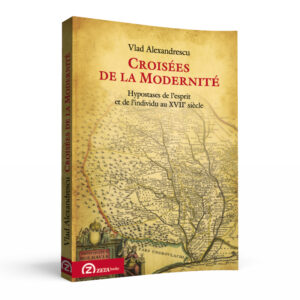Phenomenology and Human Science Research Today
Like the Phoenix, the phenomenological movement has been reborn many times from its own ashes during the last century. In the present volume, the editors decided to address the rich multiplicity and the fruitful complexity of phenomenology as a philosophy of thought and as a style of thinking. Contributions from all over the world and from a wide range of disciplines are presented here, along with three main axes in which phenomenology can be seen within human science research: theoretical framework, methodological thinking, and research practice. We are convinced that the essence of phenomenology can be found in its practice. In this sense, the key question for understanding this philosophy is not “what is phenomenology”, but “how to do it.”Phenomenology is a way to educate our vision, to define our posture, to broaden the way we look at the world. That is why phenomenology is not only explicable as a method (or style) for philosophical research, but also as a powerful tool for research in human science.
TABLE OF CONTENTS
Acknowledgments
Solfrid Vatne, Development of Professional Knowledge in Action: Experiences from an Action Science Design Focusing on “Acknowledging Communication” in Mental Health
Luigina Mortari and Chiara Sità, Analyzing Descriptions of Lived Experience: A Phenomenological Approach
.
BOOK REVIEWS:
- Steen Halling, in: The Humanistic Psychologist, Vol. 40 / 2012 issue 1
- Thomas F. Cloonan, in: Journal of Phenomenological Psychology, Vol. 42 / 2011, Issue 2
- Kate Galvin, in: Indo-Pacific Journal of Phenomenology, Vol. 11 / 2011
ISBN: 978-973-1997-44-5 (paperback)
ISBN: 978-973-1997-45-2 (ebook)






